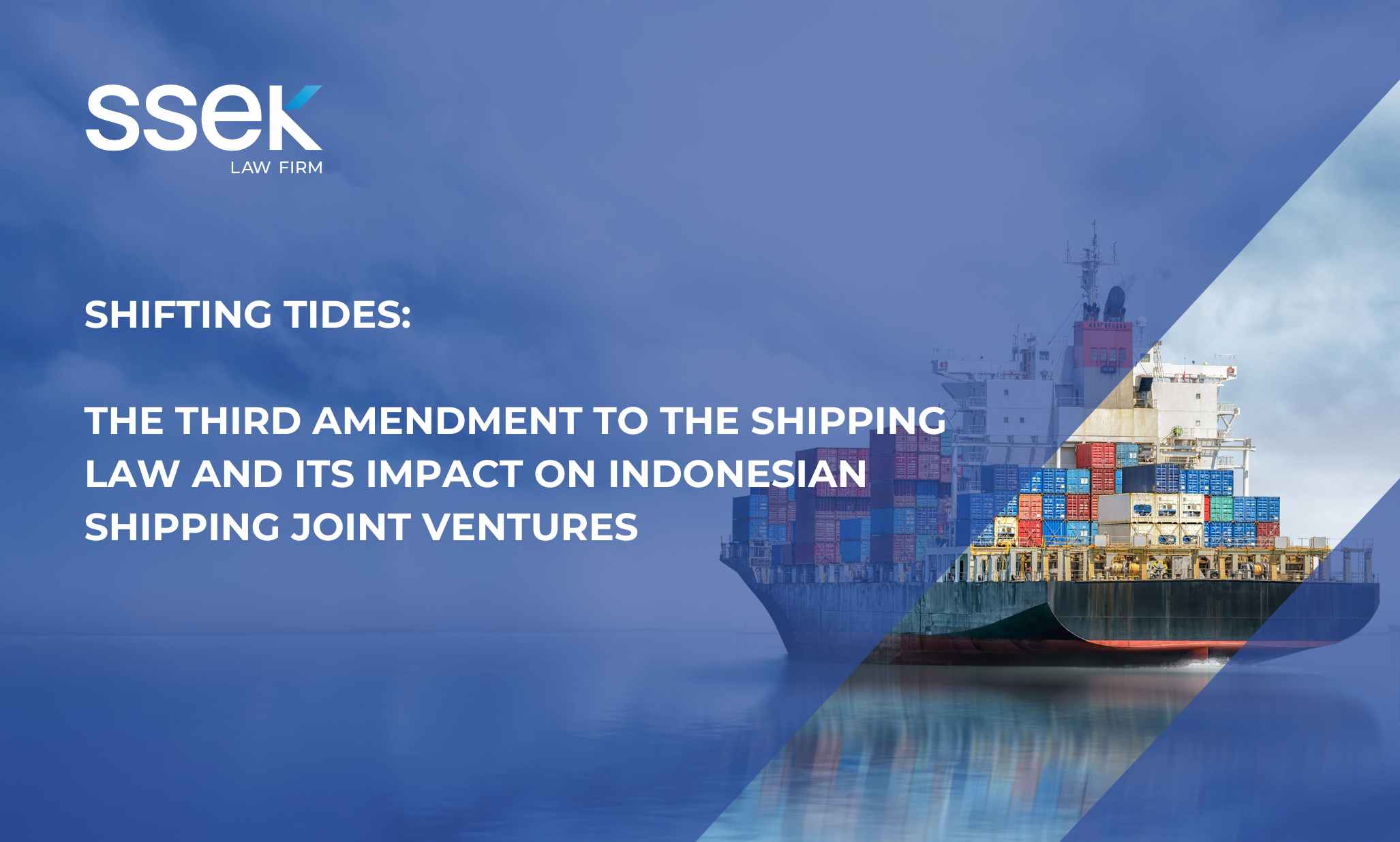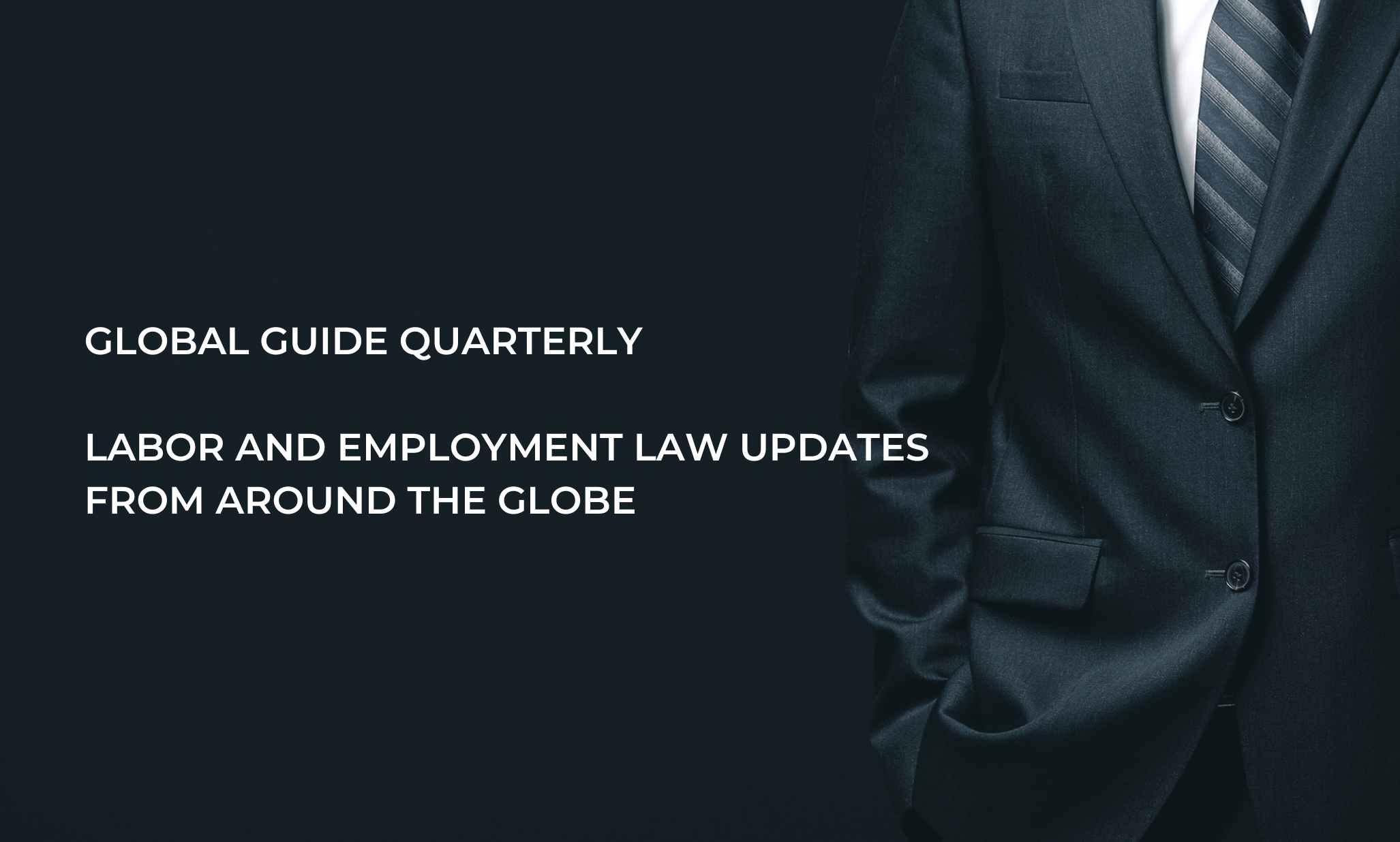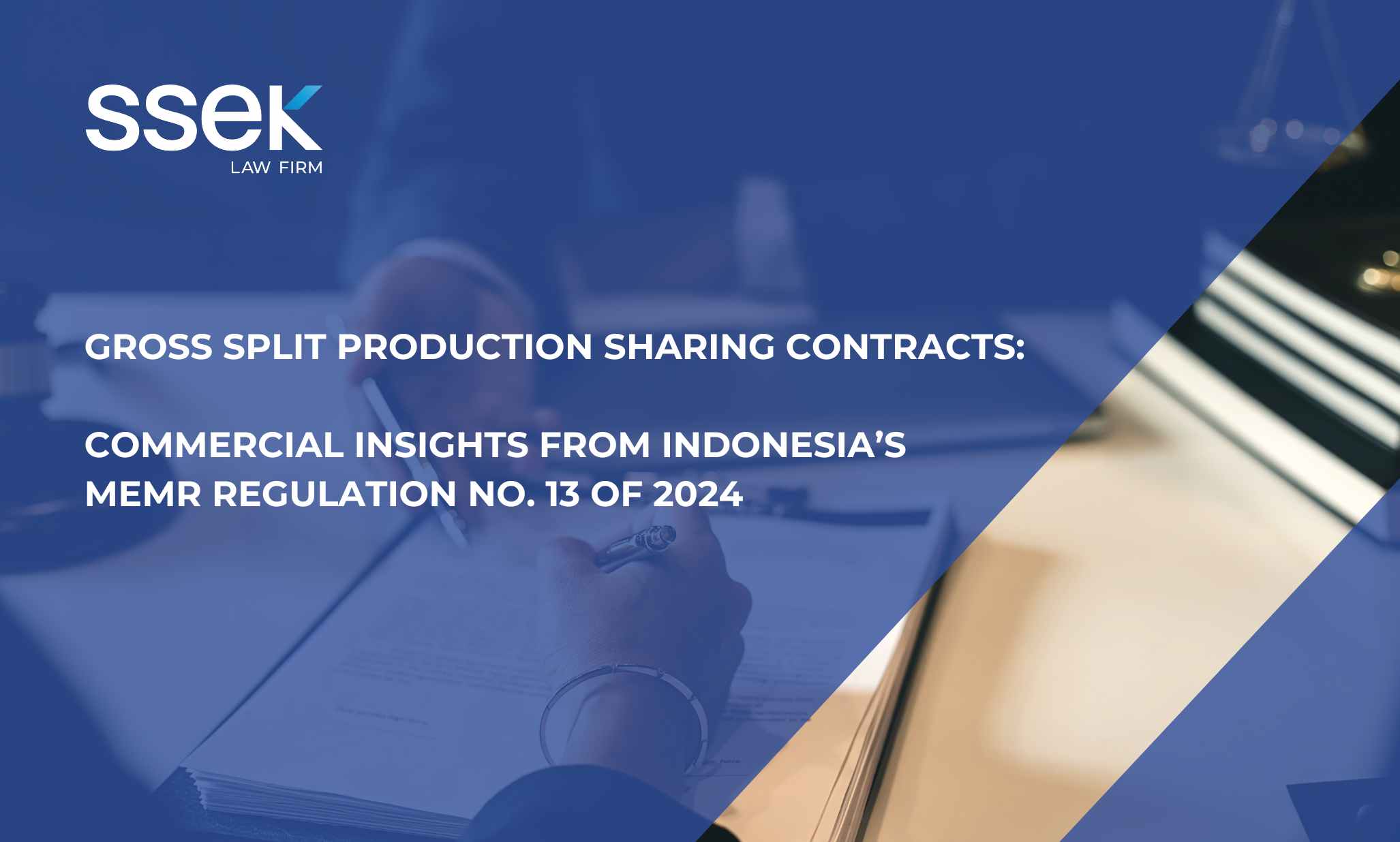

The Indonesian government controls the development, construction and use of real estate by implementing spatial planning and zoning. Every regional government is required to plan the use of land, which requirement is implemented pursuant to Law No. 26 of 2007 Regarding Spatial Layout (26 April 2007). The spatial layout scheme consists of the national spatial layout plan, provincial spatial layout plans and regency and municipal spatial layout plans.
A spatial layout plan for a regency or municipality must be stipulated by a regional regulation, issued by the relevant regent or mayor, which will become the basis for the issuance of location development permits and land administration.
Other ministries, such as the Ministry of Forestry, also prepare special layout plans, but their plans are more likely to affect land in rural areas than in developed areas and industrial estates with no forestry areas. Thus, for the development of real estate in rural areas, these plans will need to be reviewed, and it is necessary to approach the local offices of the Ministry of Forestry, Ministry of Energy and Mineral Resources, Ministry of Agriculture and other relevant ministries to research the permissible uses for, and existing rights in respect of, a parcel of land.
Building construction in Indonesia must adhere to technical requirements imposed by the government. Government Regulation No. 36 of 2005 Regarding the Implementation of Law No. 28 of 2002 Regarding Building (10 September 2005) imposes an "intensity requirement" for the construction of a building, whereby a building must not exceed certain maximum density and height limits that are stipulated by the relevant regional government.
This first appeared in Lexology GTDT Real Estate 2021.
This publication is intended for informational purposes only and does not constitute legal advice. Any reliance on the material contained herein is at the user's own risk. All SSEK publications are copyrighted and may not be reproduced without the express written consent of SSEK.









